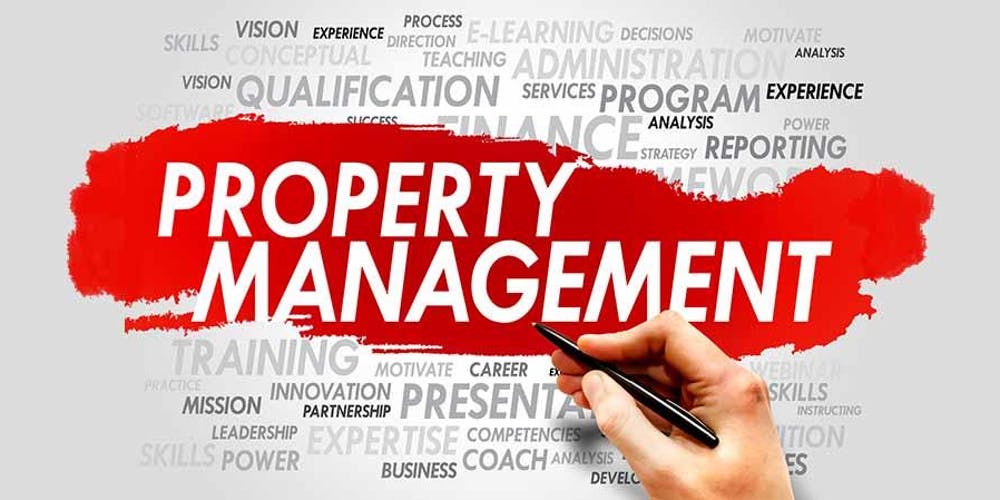

Property management tips are crucial for maximizing profitability and tenant satisfaction in today’s rival industry. Effective property management isn’t just about collecting rent; it’s about building strong relationships, ensuring smooth operations, and safeguarding your investment. Many property managers struggle with tenant communication, maintenance issues, or legal compliance, leading to potential financial losses and reputational damage. This thorough guide offers practical, actionable property management tips, tackling common challenges and equipping you with the skills to achieve optimal outcomes. We’ll explore everything from effective tenant communication to preventative maintenance and smart financial management. We’ll cover practical examples and share insights to maximize the potential of your property investment.
Prioritizing Tenant Communication
Establishing Clear Communication Channels
Effective tenant communication is fundamental to a achievementful property management plan. A clear communication plan lays the foundation for positive tenant relationships, which directly impact your property’s overall achievement. Establish multiple communication channels, such as email, a dedicated tenant portal, and a phone line for emergency situations. This ensures tenants have multiple ways to reach you, catering to various preferences and situations. This communication should encompass the prompt resolution of issues, consistent updates on maintenance, and timely responses to inquiries. For example, imagine a property manager who frequently communicates via email and text message. This multi-faceted approach ensures that tenants have multiple ways to contact the property manager when they need assistance, regardless of their preferred method.
Streamlining Maintenance Processes
Proactive Maintenance Schedules
Property maintenance is vital to tenant satisfaction and preserving property value. A proactive approach to maintenance minimizes costly repairs and ensures the building remains in excellent condition. Establish detailed preventative maintenance schedules and diligently monitor property conditions. Regular inspections, focusing on key areas like plumbing, electrical systems, and exterior elements, ensure issues are caught early. Consider the example of a property manager who noticed a slow leak in the building’s plumbing system during routine inspections. By addressing the leak promptly, they prevented a more extensive and costly issue down the road, maintaining the property’s quality and avoiding tenant complaints. This preventive approach also saves money and enhances the reputation of the property manager.
Maximizing Rent Collection
Implementing Robust Rent Collection Strategies
achievementful property management relies on consistent rent collection, a key element for financial stability. Implementing robust rent collection procedures helps ensure timely payment and minimize late fees. Use a clear, standardized lease agreement with an easily accessible payment portal. Encourage online rent payments to simplify the process and make it convenient for tenants. For instance, a property management company that implemented an online rent payment system witnessed a notable reduction in late payments compared to the previous year. This efficiency not only protects the property manager’s financial well-being but also enhances the tenant experience by ensuring a smooth payment procedure. This demonstrates how well-executed policies contribute to a profitable operation.
Legal Compliance & Risk Management
Adhering to Local Regulations
Staying abreast of and complying with local regulations is paramount for minimizing legal and financial risks. Consult with legal professionals to understand local building codes, zoning laws, and other pertinent regulations. This proactive approach helps ensure your property operations are above board, preventing potential penalties. For example, a property manager who regularly consulted with legal experts understood the implications of local building codes. They could, therefore, execute renovations in full compliance with local regulations.
Financial Management & ROI
Tracking Key Financial Metrics
Effective financial management is crucial for the long-term achievement of any property management business. Consistently tracking key financial metrics like occupancy rates, rent collection percentages, and maintenance costs gives valuable insights into operational efficiency. This allows for data-driven decisions to maximize profitability and return on investment (ROI). For example, if a property manager notices that their occupancy rate is falling below average, they can implement strategies to attract new tenants or retain existing ones. This ensures they are proactively addressing and mitigating potential financial concerns.
In conclusion, effective property management hinges on a combination of proactive strategies, thorough documentation, and responsive communication. By implementing the tips outlined in this article, property managers can significantly improve tenant satisfaction, maximize profitability, and reduce potential risks. Ready to elevate your property management game? Contact us today for a complimentary consultation!
